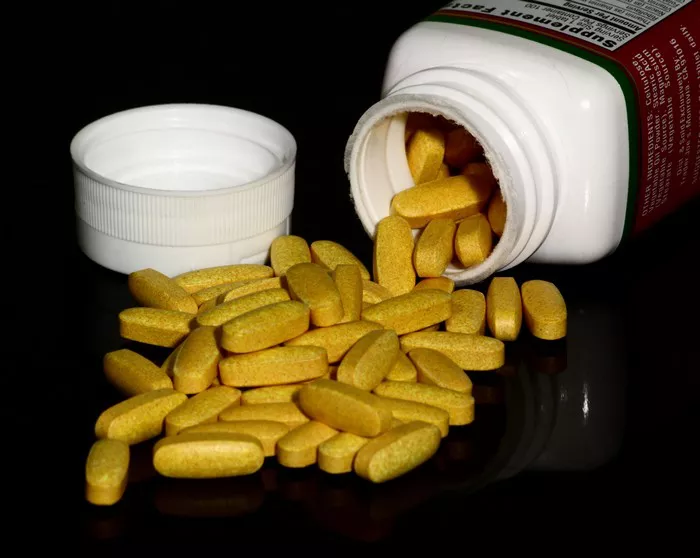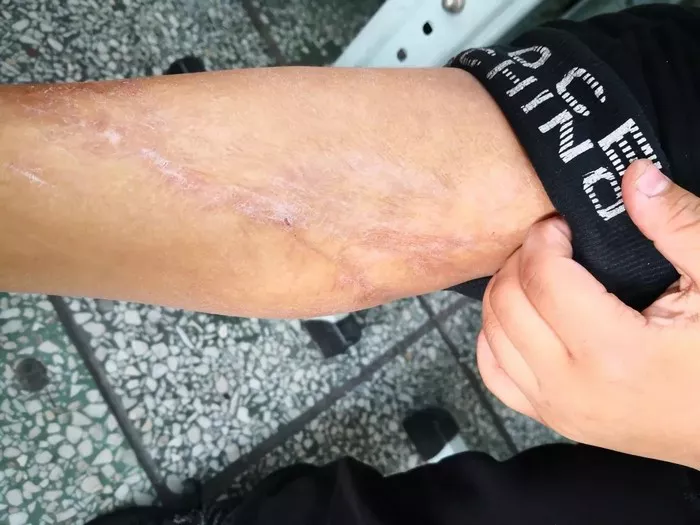In a recent and concerning incident, two sisters in Zhejiang province were rushed to the hospital due to mercury poisoning, a consequence of using a whitening cream laced with the toxic metal. The incident serves as a stark reminder of the potential hazards lurking in some beauty products and the importance of consumer vigilance.
The victims, 34 – year – old Xiao Jin and 35 – year – old Xiao Zheng, who are cousins, have always been meticulous about their skin care. Regularly visiting the same beauty salon for treatments, they were enticed by a newly – launched “high – efficiency whitening and freckle – removing cream” earlier this year. The product promised quick results, and the sisters, eager to enhance their complexion, purchased and started using it daily as directed by the beauticians.
Initially, they were delighted with the outcome. “The effect was surprisingly good. After using it for a while, our skin really became much fairer,” they recalled. However, their joy was short – lived as a series of disturbing physical symptoms began to surface. Xiao Jin noticed that her legs started to swell, leaving indentations when pressed. Subsequently, her face also became puffy, and she observed an unusual amount of foam in her urine. Alarmed, she immediately sought medical attention at Yiwu Central Hospital.
Medical examinations revealed a shocking truth. Xiao Jin’s urine protein level was 4+, and her 24 – hour urine protein quantification soared to 7234mg, nearly 50 times the normal value of 150mg. These results indicated significant damage to her kidney filtration function, suggesting the possibility of nephrotic syndrome. Strangely, Xiao Jin had no prior history of kidney problems and maintained a healthy lifestyle. While doctors were treating her symptoms, they were also determined to uncover the root cause.
Not long after, Xiao Zheng experienced similar symptoms, with a urine protein level of 4+ and a 24 – hour urine protein quantification even higher, reaching 9030mg. The attending physician, noticing Xiao Zheng’s abnormally pale complexion, probed further and discovered that both sisters had used the same whitening product. Subsequent tests confirmed that they were suffering from mercury poisoning, which had led to secondary kidney damage.
According to Dr. Qu Lihui, the director of the Nephrology Department, the whitening cream the sisters used likely contained excessive mercury compounds. Prolonged use allowed the toxins to accumulate in their bodies, eventually resulting in poisoning. “When the skin is exposed to ultraviolet rays, melanocytes initiate a natural protection mechanism, catalyzing the conversion of tyrosine into melanin to darken the skin and resist harm. Some inferior whitening products, however, use mercury ions to ‘hijack’ this process, forcefully occupying the copper ions in the active center of tyrosinase and reducing melanin deposition to achieve skin whitening,” explained Dr. Qu.
Once the cause was identified, the Nephrology Department promptly arranged for the sisters to undergo mercury – expelling treatment. Fortunately, due to the timely diagnosis and treatment by the medical team, the mercury poisoning did not cause irreversible damage to their kidneys. After more than a month of treatment, their recent re – examination showed that all their indicators had returned to normal.
Mercury is a toxic heavy metal that can cause serious harm to the human body, especially when accumulated over time. Chronic mercury exposure can damage multiple organs, including the kidneys, nervous system, and skin. In the case of these sisters, the mercury – contaminated whitening cream not only failed to beautify them but also put their health at great risk.
Dr. Qu also warned that the clinical manifestations of mercury poisoning are often non – specific, making misdiagnosis and missed diagnosis common. He advised that if people experience symptoms such as pale complexion, foamy urine, or fatigue for no apparent reason, especially if they have used whitening products recently, they should seek medical advice immediately and inform their doctors about their product use.
When it comes to purchasing cosmetics and skin – care products, consumers are urged to choose products from regular channels and avoid “three – no” products (products without production information, ingredient lists, and quality certificates). They should also be wary of products that claim “instant results,” as these are often too good to be true and may pose hidden dangers. The beauty industry must also be more strictly regulated to prevent the circulation of harmful products and protect the well – being of consumers.
Related topics:
































